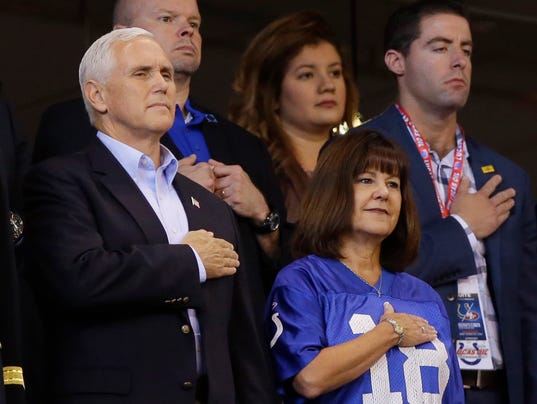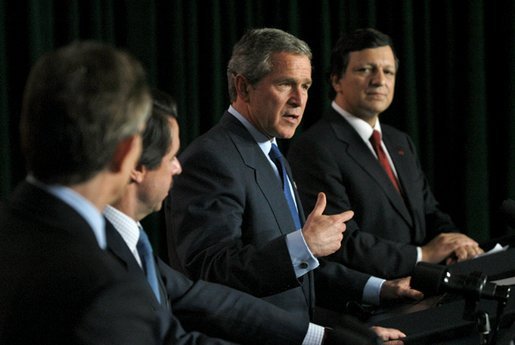Ireland's
apparent lurch towards a mid-Brexit election that nobody claims to want is a perfect distillation of the broader phenomenon of the interaction of a degraded media and political culture with vested interests -- it's not just Ireland. The applicable features are:
An aura of "scandal" is created around process, not substance. In this case, it's an irrelevant e-mail that the Minister of Justice says she can't remember getting (it's irrelevant because she had no influence over the subject of the e-mail, and her not remembering had no effect on the outcome). But for a media class that grew up with Watergate "what did they know and when did they know it" in the ether, that's enough. Things that might actually be scandalous in Ireland (poverty, traffic fatalities, conduct of banks) don't get politically instrumentalised in the same way.
The lawyers are the one class definitely coming out ahead. The iterations of the same underlying affair ("McCabe") have been going on since 2006, and each involves progressively higher levels of inquiry, with judges and top-flight lawyers in charge, but never quite resolving anything. Nice work if you can get it. In the USA, the Trump-Russia and #metoo eruptions are a legal bonanza.
The alleged solution to resolving the underlying affair won't solve anything. It will be an election where as usual, people who vote put a few numbers on a ballot paper. What emerges at the other hand is supposed to be a government empowered to take action on every issue that arises from the moment it takes power. That's not working out too well for the UK and Brexit, and when Angela Merkel comes back as Chancellor, people might wonder what all the fuss was about.
Nobody has a reliable indicator of actual public views about the "scandal" or electoral outcomes. Polling is hopelessly contaminated by the same circularity as the scandal itself (it's a scandal because it's being reported as a scandal, and we're asking about it in opinion polls because it's a scandal). As the Trump-Clinton election battle showed, whether particular revelations have a public impact has a lot to do with whether they change perceptions about behaviour
relative to a norm: Trump's Access Hollywood tape was certainly awkward, but it's now obvious that there was a lot of tacit knowledge of the culture that he was talking about. But for Hillary Clinton, the standard was perhaps a public belief that she was less slippery than Bill, so the constant refrain about e-mails took their toll.
Which brings us back to process. If it takes an
11 year timeline to explain why something is a scandal, it might be worth stepping back to ask whether the issue is really one forgotten e-mail. But that would get into the role of media and political culture in explaining how the country is run, a discussion that too many people would rather not have.














